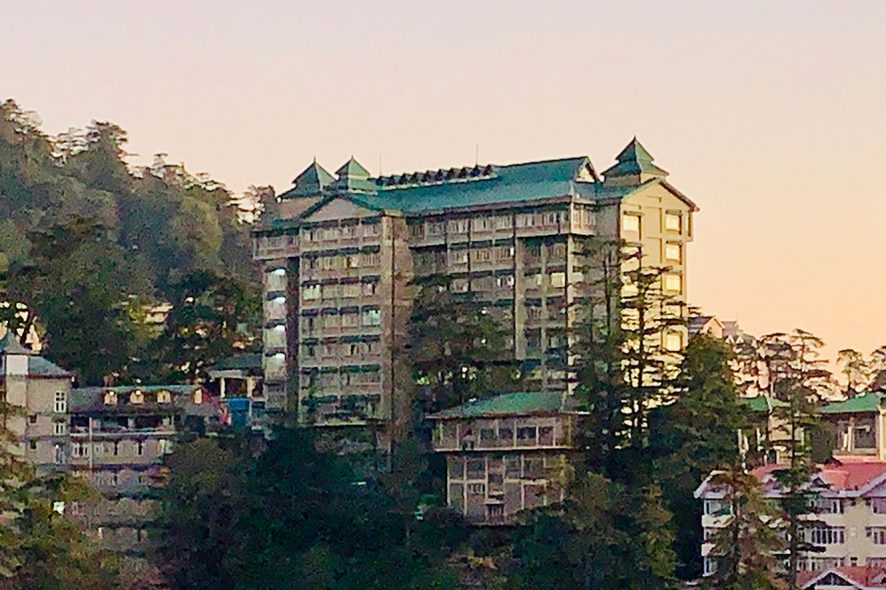High Court of Himachal Pradesh: The Bench comprising of Sanjay Karol, Acting CJ and Sandeep Sharma. J, held that in circumstances where a foreign national, whose application for extension of visa has been rejected, has no right to endlessly stay in India, except under the procedure established by law.
The petitioner’s application for the further extension of visa was rejected by the Ministry of Home Affairs, after granting an extension for an year and eight months. The High Court observed that there is no rule which prescribes automatic extension of visa and no law authorizes a foreigner to remain on the soil of this country any moment longer than the period so authorized, in accordance with law, be it for whatever purpose. The Court relied upon statutory provisions under the Foreigners Act, 1946, the Foreigners Order, 1948; the Registration of Foreigners Act, 1939; and the Registration of Foreigners Rules, 1992, authoritative books on International Law and existing case laws of Sarbananda Sonowal v. Union of India, (2005) 5 SCC 665 and Louis De Raedt v. Union of India, (1991) 3 SCC 554 to reach its verdict.
The learned counsel for the petitioner referred to the decisions rendered by the Supreme Court to establish his right of continuing to stay in India. The Court noted that these decisions were not applicable to the case present before them. Further, the petitioner’s contention to continue his stay in India for taking care of an allegedly ailing citizen of India,of whom he claims to be the adoptive father, was dismissed for the lack of evidence. Considering the facts of the case and lack of merit in the writ petition, the case was accordingly dismissed.
The Court held that neither the Constitution nor any statute allows a foreigner to remain in India beyond the authorized period, except under the procedure established by law, be it for whatever purpose. [M. Alexander v. Union of India, 2017 SCC OnLine HP 668, decided on 17.05.2017]






